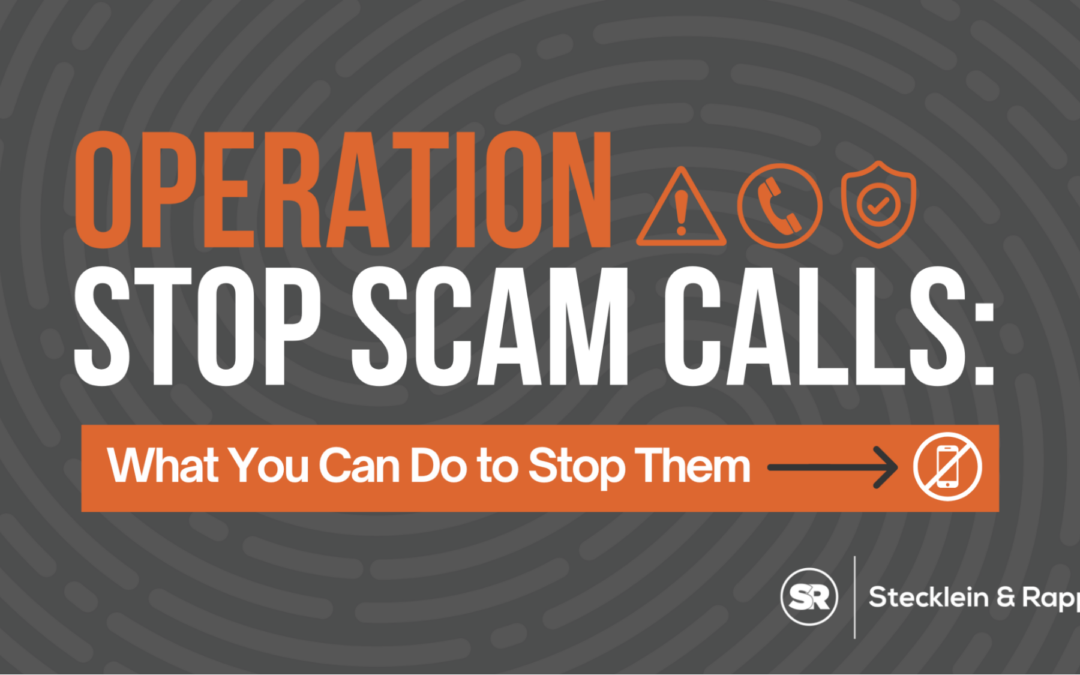Do you have a cell phone? Of course, you do. Almost all of us have cell phones which means that almost all of us have to deal with scam callers and robocalls. Out of everything cell phones have provided us with, these calls can be annoying, aggravating, and end with people losing significant amounts of money and even their identities.
With scam calls at an all-time high in our digital world, the Federal Trade Commission and its federal and state law enforcement partners have announced their Operation Stop Spam Calls initiative. This could help the people of this country avoid those annoying calls while keeping their money and identities safe.
What Is Operation Stop Scam Calls?
Operation Stop Scam Calls was developed by the FTC and over 100 federal and state law enforcement partners. This team includes attorney generals from all 50 states, including the District of Columbia, working together to take down illegal telemarketers. This initiative involves over 180 cases of operations targeting billions of American consumers.
This action targets not only the telemarketers and companies that hire them but also the lead generators who wrongly collect consumer information and falsely claim that they are consenting. Additionally, Operation Stop Scam Calls is going after Voice over Internet Protocol (VoIP), the facilitators of illegal robocalls who often originate overseas. This initiative includes five new cases of the FTC fighting against companies and individuals who distribute or assist with unlawful telemarketing calls to consumers.
Operation Stop Scam Calls was announced on July 18th, 2023, and approved by the FTC on 3-0 votes.
How You Can Help
During this new initiative, there are many ways that you can help as a consumer. First, know your rights. If you get a robocall trying to sell you something, it is illegal unless the company has written permission from you that they may call you. From there, learn how to spot robocalls and scam calls before they have the chance to affect you negatively. They might often claim to be from an insurance company or auto warranty organization. Unless you are expecting a call, ride on the side of caution. Lastly, don’t give the scam calls the time of day. If you suspect a call to be a scam, don’t entertain them, don’t push any buttons, and don’t give any information. Simply hang up.
Protect Yourself in the Meantime
On top of hanging up on the scam callers, you can take some proactive steps to try to stop them before they call your phone. You can block their numbers manually or with a call blocking software provided by your cell phone provider or an app on your phone. Outside of doing it manually, understand that call-blocking software might block numbers you wish to get through so be cautious. Additionally, some cell phone providers offer call labeling where a call will say “scam” or “scam likely” as the caller ID. If this is the case, block the number and do not answer.
Then, you can choose to register your phone number with the FTC’s National Do Not Call Registry. This registry was created to help stop unwanted sales calls but can not block calls for you. It can take up to 31 days for your number to be effectively registered, but if you still see unwanted calls coming through, continue to block and avoid them.
Tips When Dealing With Scam Calls
- Do not answer unknown cell phone numbers.
- If a recording or person asks you to hit a button to stop getting calls, hang up. It’s a ploy.
- Do not provide any personal information to callers.
- Do not respond to questions, especially if the answer can be “yes.”
- Be aware of calls coming from a “local” number. It’s likely not to be local.
- Put a password on your voicemail accounts, as some can be accessible with just your phone number.
Scam calls are only getting more deceitful these days. If you have questions or have been affected by scam or robocalls, contact the team at Stecklein & Rapp.

